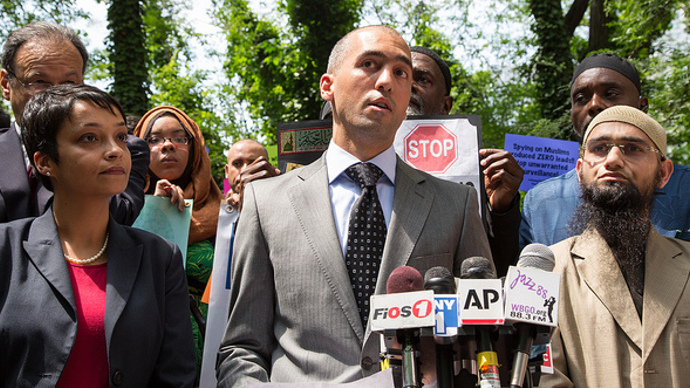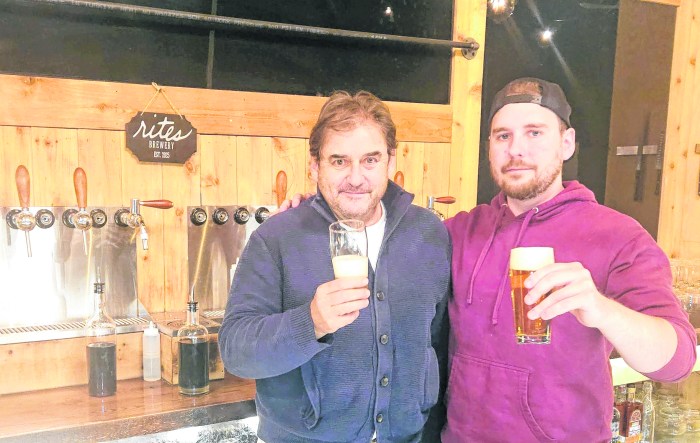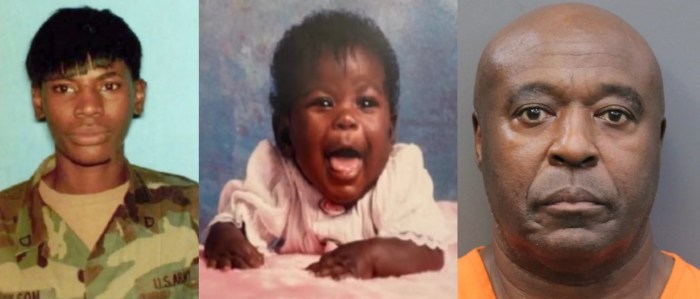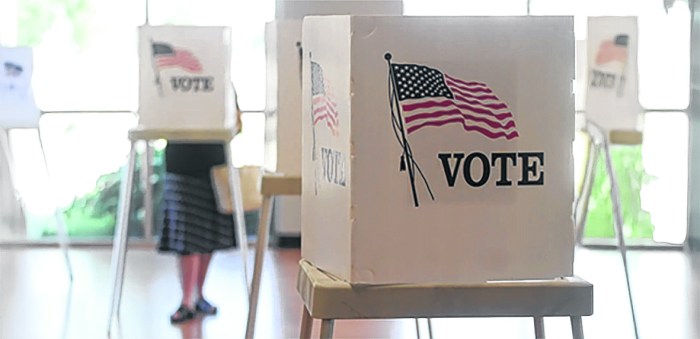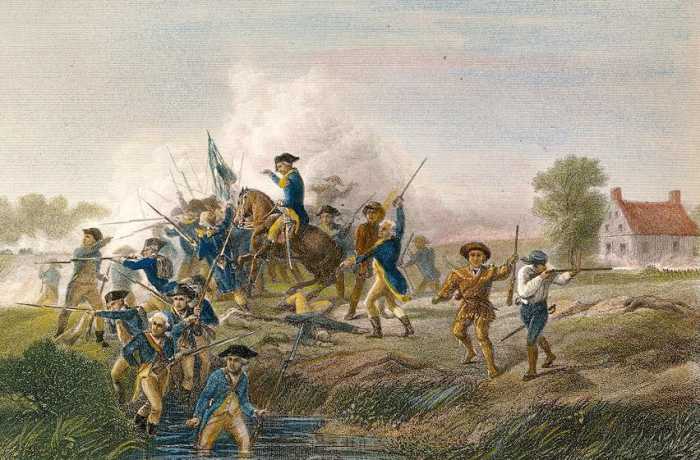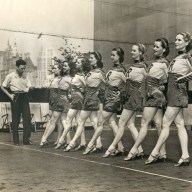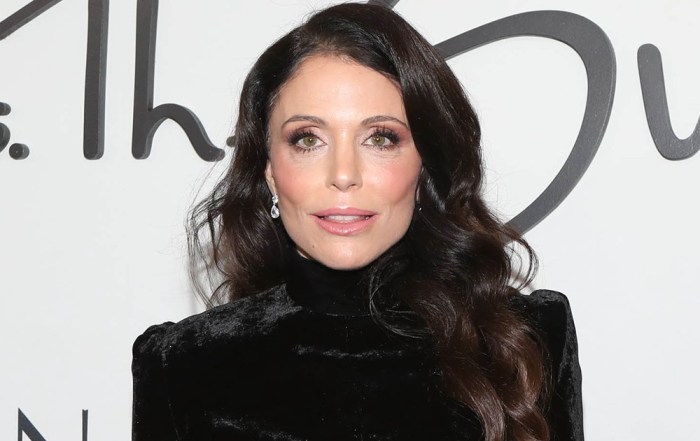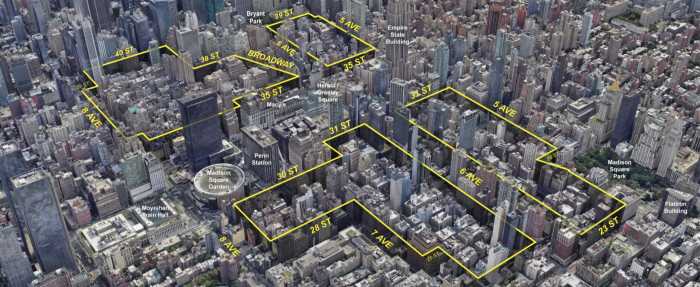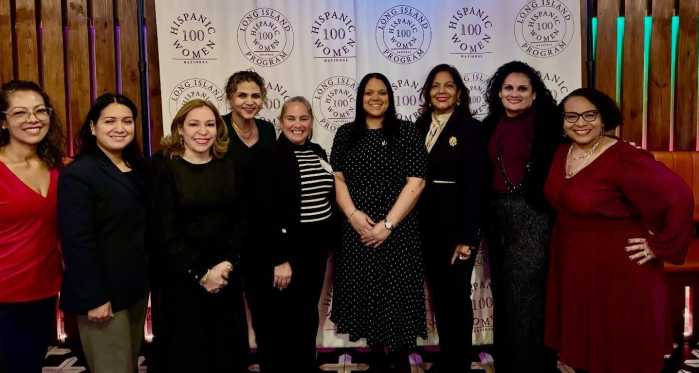New York City and lawyers representing several Muslim Americans agreed Monday to a revised settlement in a case stemming from the NYPD’s sweeping surveillance of Muslims after the Sept. 11, 2001 attacks.
The agreement strengthens the role of a civilian representative empowered to oversee investigations and report any infractions. The two sides had already approved the oversight position more than a year ago, but last October a federal judge demanded lawyers negotiate enhanced safeguards.
After four additional months of talks, the two sides said the revised agreement allows the civilian representative to report violations of negotiated guidelines directly to the court at any time. The civilian representative, who would be appointed by the mayor, will also have access to investigations to ensure guidelines are being followed.
The revised settlement amends the Handschu Guidelines from 1971, which protect civilians from politically motivated investigations. After 9/11, the NYPD won court approval to modify the guidelines.
If the judge overseeing the Handschu case finds the changes to be sufficient, the case will return to federal court in Brooklyn for final approval.
In June 2013, the American Civil Liberties Union and the Clear Project at CUNY Law School introduced a lawsuit in federal court challenging the NYPD’s blanket surveillance of Muslim Americans in New York City, Long Island, and neighboring states.
Officers with the since-disbanded Demographics Unit built a Yellow Pages-like directory of mosques, Muslim-owned businesses, and Muslim Student Associations, and utilized undercover officers and informants to infiltrate different communities.
Despite its efforts, the NYPD failed to generate a single lead, according to testimony from the chief of the NYPD Intelligence Division in 2012.
The controversial program was hidden from the public until the Associated Press published a Pulitzer Prize-winning series about the NYPD’s covert operation.
Much of what undercover officers gleaned from their observations were uninspiring, such as innocuous activity inside shops and boring conversations officers recalled between themselves and unwitting subjects.
The Demographics Unit was disbanded in 2014.
As for the settlement, the NYPD agreed to a city-appointed civilian representative to oversee its investigations and to ensure they follow the Handschu Guidelines. The NYPD also consented to a stipulation that only high-ranking police officials authorize the use of undercover officers or confidential informants. The issue of informants befriending community members is one of the most sensitive to emerge from the NYPD’s operation as it sowed distrust, according to advocates.
“Today’s settlement is an important antidote and a major advance for everyone: for our clients and all New Yorkers who have a right to be free from discrimination and to practice their religion without fear, and for the NYPD, which will become more effective by focusing on proven policing strategies rather than ineffective, bias-based policing,” Hina Shamsi, director of the ACLU National Security Project, said in a blog post on Monday.
A similar lawsuit brought by New Jersey residents is still pending.
The police department’s exploits returned to the fore in December after Rep. Peter King (R-Seaford) held a meeting with then President-elect Donald Trump in which he proposed a federal program styled after the NYPD’s post-9/11 dragnet.
“They were very effective for stopping terrorism,” King told reporters after his meeting with Trump. “And they should be a model for the country.”
The revised settlement comes as Muslim Americans continue to fight a misperception that their religion is inherently violent.
In his first month in office, Trump signed an executive order restricting travel from seven Muslim-majority nations and temporarily halted Syrian refugee resettlement.
Thousands of protesters descended on airports across the country and lawyers for rights groups and several states challenged the executive order in court.
In February, a three-judge appeals court panel in San Francisco upheld a lower court’s ruling temporarily freezing the order.
The White House on Monday introduced a new executive order that restricts for 90 days travel and the issuance of new visas from six of the seven countries it first listed, omitting Iraq. The order also prohibits the entry of refugees for 120 days as officials scrutinize security measures.




